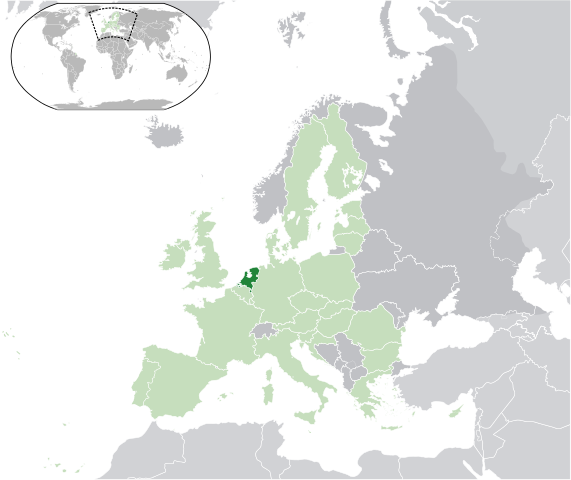
What traits does it take to be a successful manager of institutional money? A high IQ? A steady temperament? A penchant for going on lucky streaks?
Jack Gray, of the Paul Woolley Centre for Capital Market Dysfunctionality at University of Technology, Sydney, dives deep into this question in a recent article published in the Rotman International Journal of Pension Management.
From the article:
Successful investors are likely to be overweight on several the following traits:
• A paradoxical blend of arrogance, to discover and arbitrage opportunities ahead of the market, and humility, to simultaneously be skeptical about those discoveries.
• A commitment to the principle “know thyself” – for instance, recognizing when previously justified contrarianism has degenerated into unjustified stubbornness.
• The ability to make effective decisions under uncertainty, ambiguity, and pressure. A temperament that seeks comfort and stability will likely be ill-suited to investing.
• The confidence to encourage and absorb dissent yet to know when to act. Almost all organized human endeavors have at their core a paradigm of broadly agreed beliefs, stylized facts, and patterns of thought that impose a uniformity of views.
Ideas that challenge the paradigm tend to be ignored, not absorbed: Markowitz’s thesis was not rated as genuine economics, while Akerlof’s ground-breaking paper on the pricing impact of information asymmetry (Akerlof 1970) was twice rejected. Both eventually won Nobel prizes.
• The wisdom to know when to cooperate, a rare trait in a culture that has elevated competition to quasi-religious status. Much (though not all) investment information is “non-rival,” so that its value increases through sharing, as evident in open-source ventures. Yet by temperament, training, and incentives, many have an antipathy to sharing. In a study that engaged students in a game in which participants do better by cooperating, 60% of general students cooperated while only 40% of economics students did (Frank et al. 1999).
• The self-control to value patience, and so resist the short-term imperative and its eternal concomitant, being busy.
• A willingness to question and be curious, traits lacking in many boards that oversee other people’s money. After spending time embedded in American pension funds, the anthropologists O’Barr and Conley (1992) reported “a surprising lack of interest in questioning and surprisingly little interest in considering alternatives.”
Gray goes on to write that we can put people into two categories: hedgehogs and foxes. And while the investment world has plenty of the former, it is short on the latter. From the article:
Isaiah Berlin (1953) bequeathed us a crude but useful typology of people: hedgehogs view the world through the lens of a single defining, and usually substantial, idea; foxes view it through multiple lenses. Both types are needed in investing, but we are over-populated with hedgehogs who better fit compartmentalized corporate structures and are more fecund. We need more foxes, people with broader perspectives willing to trespass—a notion coined by Albert Hirschman (1981)—into foreign fields.
[…]
Cultural change is needed to recognize, support, and reward foxes, who tend to be spurned by tribal hedgehogs as soft-headed dilettantes. To Charlie Munger (1994), having different mental models is the most important thing in investing, because they expose new opportunities and drive a dialectic of risk. Investment organizations should seek more people with “contrary imaginations,” as the psychologist Liam Hudson (1967) phrases it: people with exceptional intelligence in alternative but meaningful ways; people with intelligence about the humanities, especially history and psychology, the disciplines that underlie and drive markets; people with emotional intelligence to direct and manage others; and people with organizational intelligence to get things done.
Gray provides much more analysis in the full article, which can be read here.
Photo by Nick Wheeler via Flickr CC License

